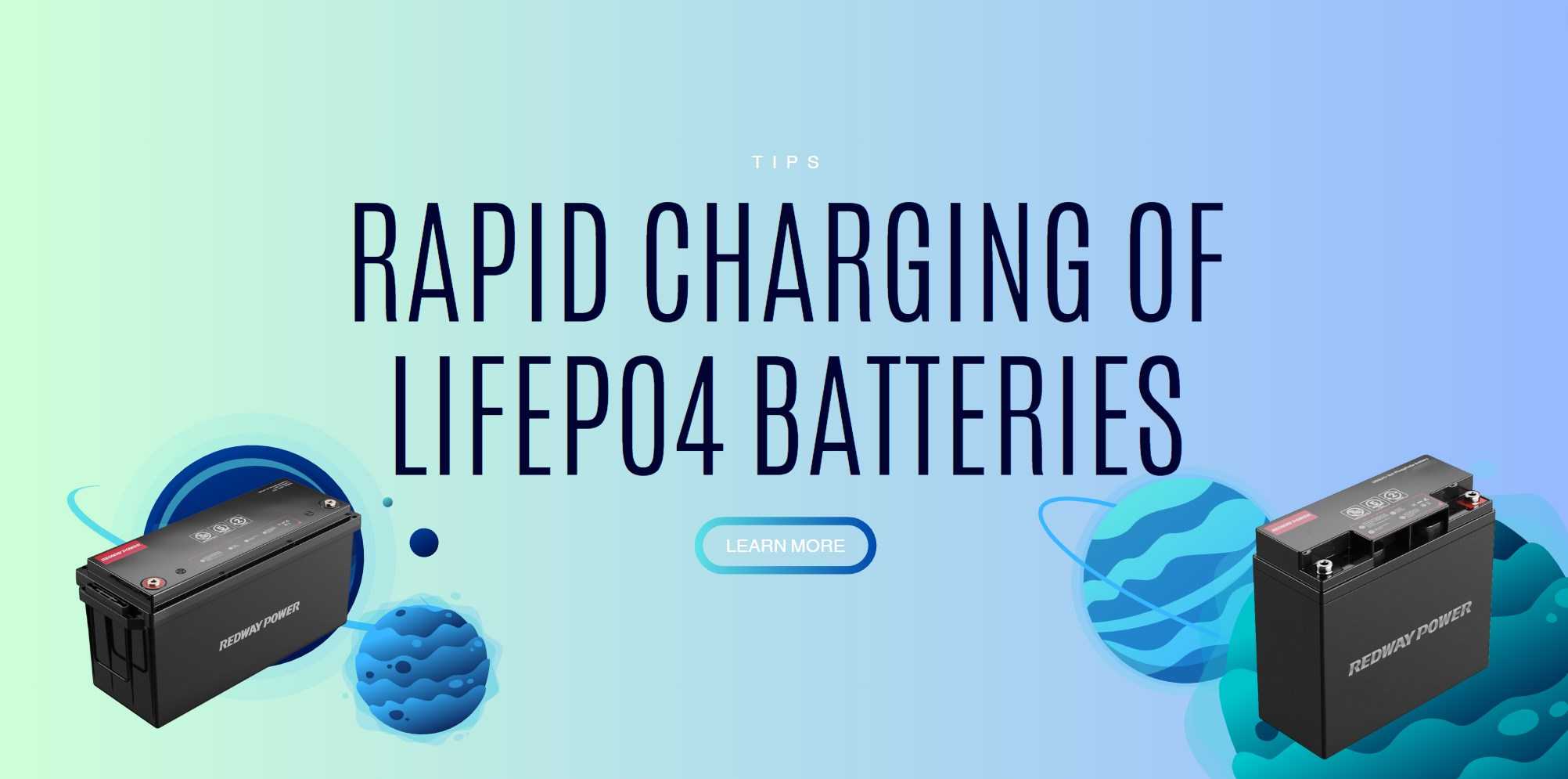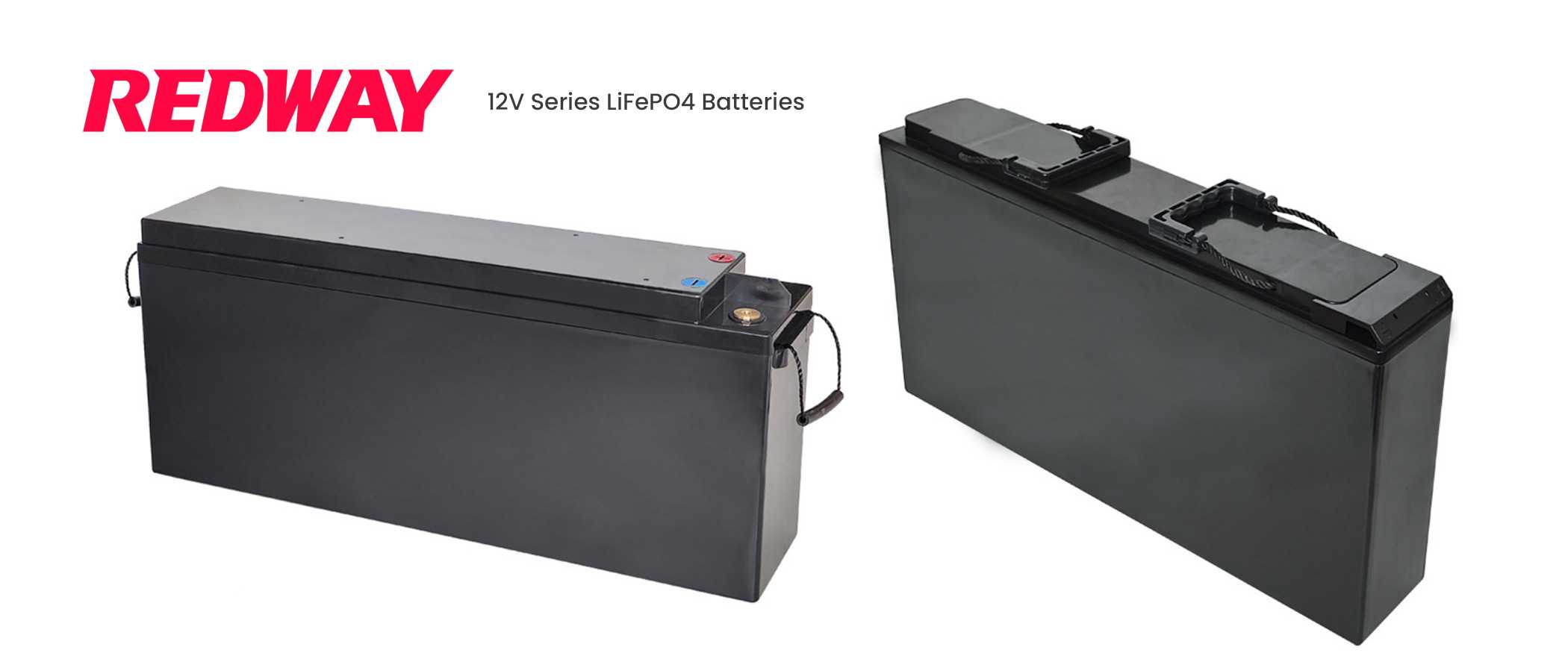Why Are LiFePO4 Batteries Gaining Popularity in South Africa as an Alternative Power Source During Electricity Shortages?
In recent years, South Africa has faced significant challenges related to electricity shortages and load shedding. As a result, the demand for reliable and sustainable power sources has surged. Among the various alternatives available, LiFePO4 batteries (Lithium Iron Phosphate) have emerged as a leading choice. This article explores the reasons behind the growing popularity of LiFePO4 batteries in South Africa, their advantages, and how they serve as a viable solution during these challenging times.
Understanding the Electricity Crisis in South Africa
South Africa’s electricity crisis has been exacerbated by aging infrastructure, insufficient investment in new power generation, and increasing demand. Frequent load shedding has forced individuals and businesses to seek alternative energy solutions to maintain operations and ensure comfort.
The Impact of Load Shedding
- Economic Consequences: Load shedding disrupts businesses, leading to financial losses and reduced productivity.
- Social Implications: Communities face challenges in accessing essential services, impacting daily life.
- Increased Demand for Alternatives: The need for reliable backup power sources has never been more critical.
What Are LiFePO4 Batteries?
LiFePO4 batteries are a type of lithium-ion battery known for their safety, stability, and long cycle life. They are particularly well-suited for applications requiring reliable energy storage solutions.
Key Features of LiFePO4 Batteries
- Safety: They are less prone to thermal runaway compared to other lithium-ion batteries.
- Long Lifespan: Capable of over 2000 charge cycles with minimal degradation.
- High Energy Density: Provides more energy per unit weight compared to traditional lead-acid batteries.
Advantages of LiFePO4 Batteries for South African Consumers
The growing popularity of LiFePO4 batteries in South Africa can be attributed to several key advantages:
1. Enhanced Safety Features
LiFePO4 batteries are renowned for their thermal stability. This characteristic makes them significantly safer than other lithium-ion batteries, reducing risks associated with overheating or fires—an essential consideration during widespread power outages.
2. Cost-Effectiveness Over Time
While the initial investment in LiFePO4 batteries may be higher than traditional options, their long lifespan and low maintenance costs make them a more economical choice in the long run. Users can expect lower replacement rates and reduced operational costs.
3. Environmental Benefits
LiFePO4 batteries are composed of non-toxic materials, making them an environmentally friendly option compared to lead-acid batteries. As South Africa strives for sustainable energy solutions, these batteries align with national goals for greener energy practices.
4. Versatility Across Applications
LiFePO4 batteries can be utilized in various applications, including:
- Residential Solar Systems: Providing backup power during outages.
- Electric Vehicles: Offering efficient energy storage for electric mobility.
- Industrial Applications: Supporting critical operations in factories and warehouses.
Recent Trends and Developments in South Africa
As of October 2024, the demand for LiFePO4 batteries continues to rise in South Africa due to ongoing electricity shortages. Recent developments include:
Government Initiatives
The South African government is encouraging investments in renewable energy sources and energy storage systems. This support fosters growth in the LiFePO4 battery market, making it more accessible to consumers.
Technological Advancements
Innovations in battery technology are enhancing the performance and affordability of LiFePO4 batteries. Manufacturers are focusing on improving energy density and reducing charging times, making them even more appealing to consumers.
Data Chart: Comparison of Battery Types
| Feature | LiFePO4 Batteries | Lead-Acid Batteries | Other Lithium-Ion Batteries |
|---|---|---|---|
| Lifespan (Cycles) | 2000+ | 500-1000 | 1000-1500 |
| Safety | High | Moderate | Moderate |
| Energy Density (Wh/kg) | 90-160 | 30-50 | 150-250 |
| Environmental Impact | Low | High | Moderate |
| Cost (per kWh) | Higher Initial | Lower Initial | Moderate |
FAQs About LiFePO4 Batteries in South Africa
1. Why should I choose LiFePO4 batteries over lead-acid?
LiFePO4 batteries offer longer lifespans, greater safety features, and better environmental benefits compared to lead-acid batteries.
2. How do I maintain my LiFePO4 battery?
Regular monitoring of charge cycles and ensuring optimal temperature conditions will help maintain battery health. Using a quality Battery Management System (BMS) is recommended.
3. Can I use LiFePO4 batteries with solar systems?
Yes, LiFePO4 batteries are an excellent choice for solar energy storage systems due to their efficiency and reliability.
4. What is the typical charging time for a LiFePO4 battery?
Charging times can vary based on capacity and charger specifications but typically range from 1 to 5 hours for full charge.
Conclusion: The Future of Energy Storage in South Africa with LiFePO4 Batteries
As South Africa navigates its electricity crisis, the adoption of innovative solutions like LiFePO4 batteries is paramount. Their safety, longevity, and environmental benefits position them as a leading alternative power source during electricity shortages.At Redway Battery, we specialize in manufacturing high-quality Lithium LiFePO4 batteries tailored to meet diverse needs. With extensive experience in providing custom solutions for 12V, 48V, and 72V applications, we invite you to contact us today for a quick quote and explore how our products can enhance your energy independence!




